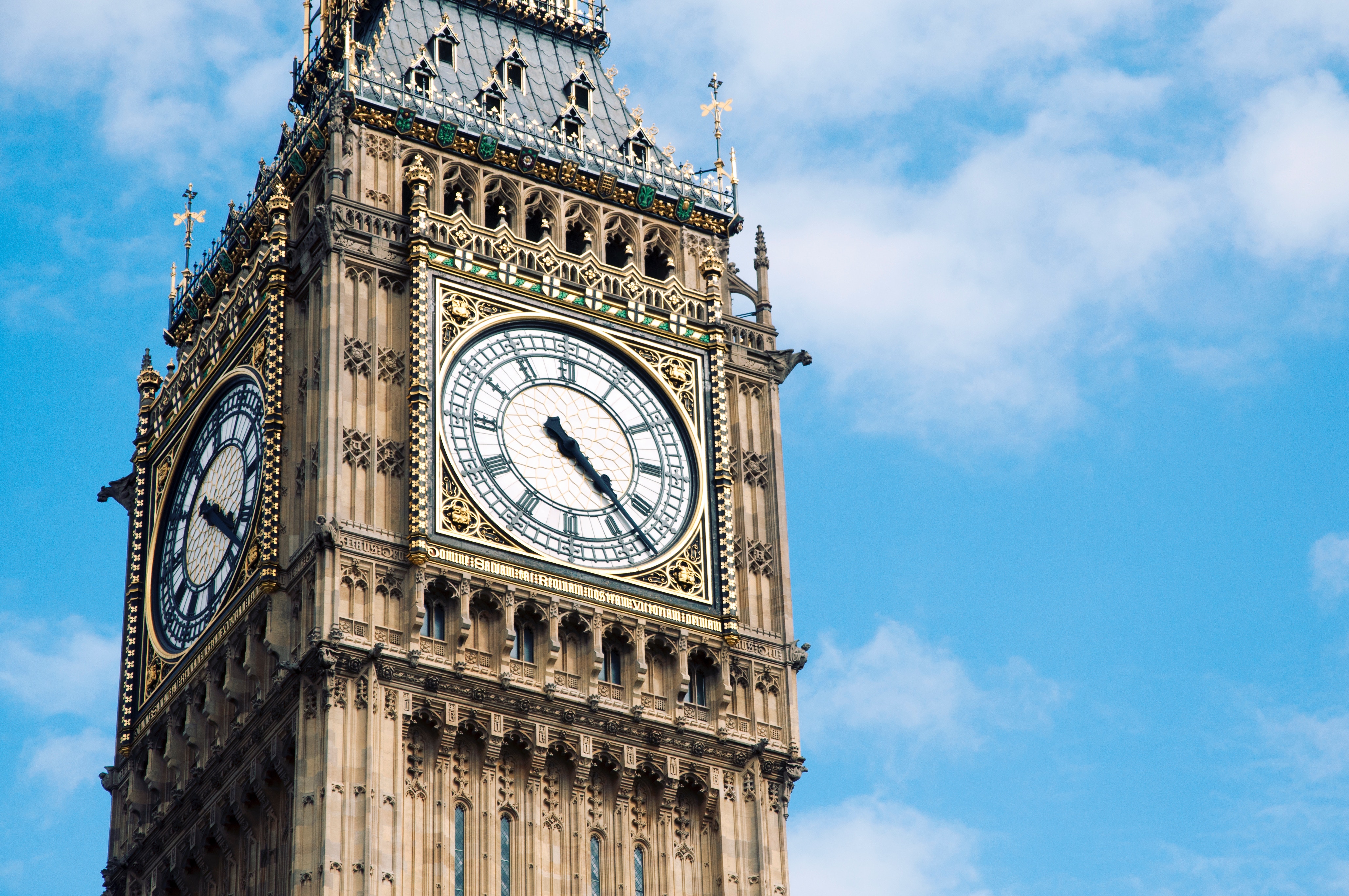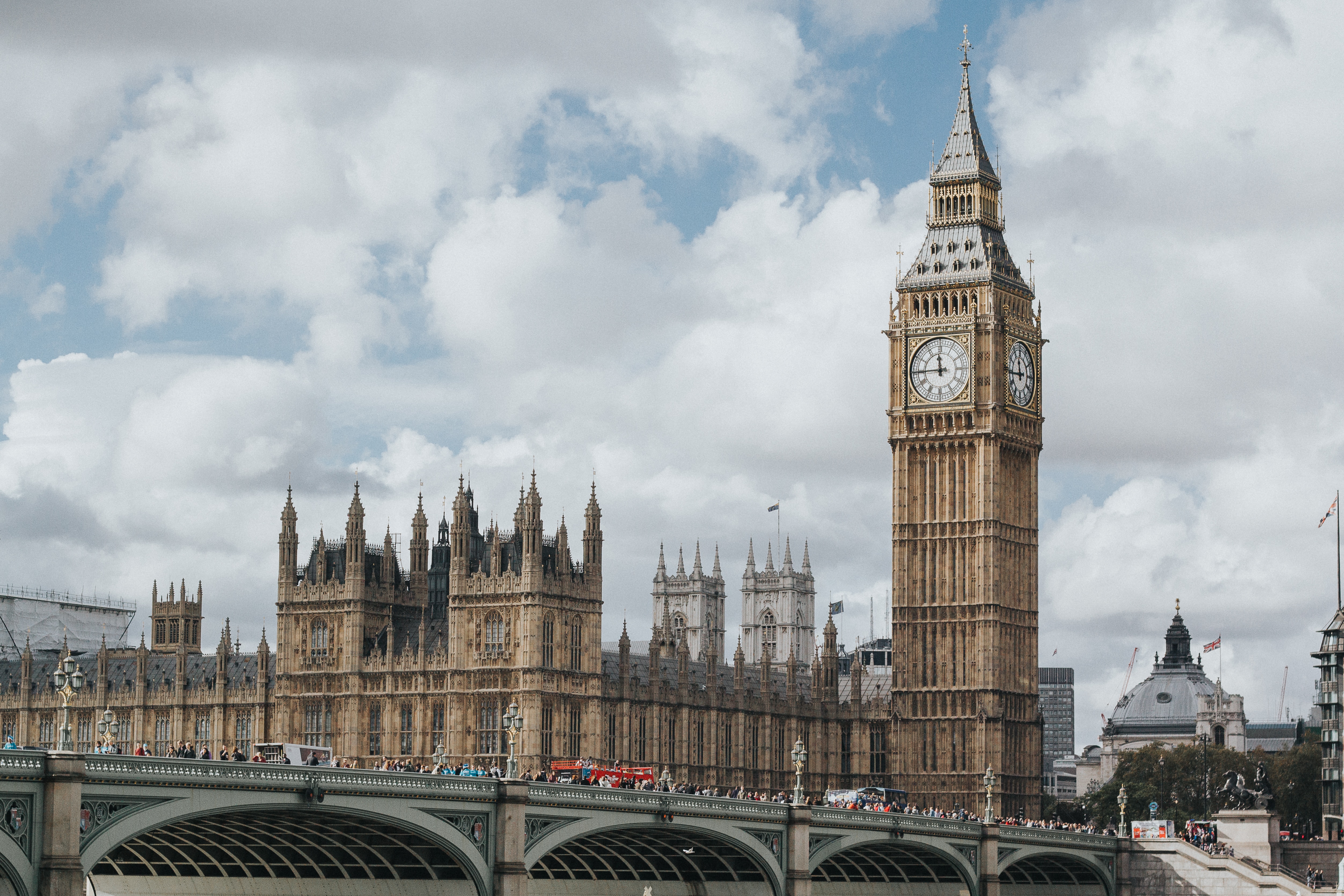
by Alex Dunnagan | Mar 15, 2023
Nothing for HMRC compliance despite huge returns on investment Increases in sentencing for tax fraud and potential new tax offence– only useful if HMRC successfully prosecutes Tax to be simplified – we’re still not sure exactly how R&D reformed yet again Generous...

by George Turner | Apr 29, 2021
In response to critics that have questioned why HMRC has not done more to bring criminal prosecutions against the enablers and promoters of tax avoidance schemes, the government’s standard response has been to state that “there is no criminal offence of...

by Alex Dunnagan | Mar 20, 2020
A debate was held in the House of Commons yesterday on the Government Response to the Sir Amyas Morse Review of the Loan Charge. Ahead of this we published an explainer on what disguised remuneration is here, and a more detailed briefing here. David Davis, Ruth...

by Alex Dunnagan | Feb 4, 2020
An adjournment debate on Netflix’s tax affairs was held in the House of Commons last night in response to research conducted by TaxWatch. Rt Hon Dame Margaret Hodge, Labour MP for Barking and chair of the All Party Parliamentary Group on Responsible Tax, called...





